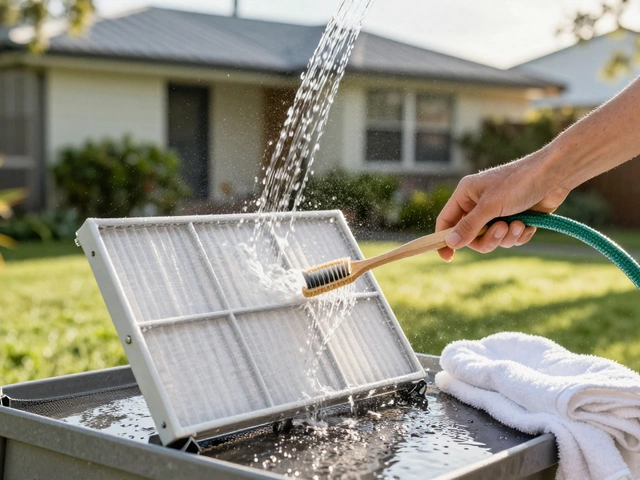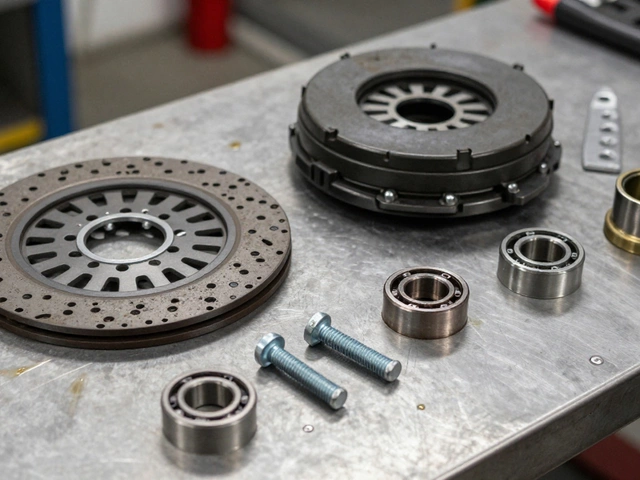Polarized Filters: What They Are and Why You Need One
Ever notice how the sun can blind you when you’re driving? A polarized filter is a simple piece of tech that cuts that glare, making the road easier to see. It works by blocking certain light waves so the bright reflections on your windshield or windows don’t wash out the view. The result? Safer, more comfortable driving, especially at sunrise, sunset, or on wet roads.
How Polarized Filters Reduce Glare
Think of light as a bunch of vibrating strings. When the sun hits a flat surface like glass, those strings line up in one direction, creating a strong reflection. A polarized filter has a special layer that only lets light vibrating in the opposite direction pass through. That means the reflected glare is filtered out, while you still get enough light to see clearly. In practical terms, you’ll notice less eye strain, fewer invisible obstacles, and better depth perception.
Choosing and Installing the Right Filter
Not every filter is created equal. Look for these key features when you shop:
- UV Protection: Blocks harmful UV rays that can damage interior plastics.
- Durability: A scratch‑resistant coating will last longer on a windshield that gets a lot of cleaning.
- Fit: Make sure the filter matches your vehicle’s make and model or is a universal size that covers the whole glass.
- Ease of Install: Self‑adhesive films are the most user‑friendly. If you’re not comfortable with a DIY job, professional installation is a quick option.
Installation is straightforward: clean the glass thoroughly, spray a light mist of water with a few drops of dish soap, position the film, then smooth it out with a squeegee to push out bubbles. Let it dry for a few hours before driving.
Maintenance is minimal. Just wash the filter with mild soap and water; avoid abrasive cleaners that can wear down the coating. If the film gets scratched or starts to peel, replace it to keep the glare‑blocking performance up.
Popular choices for 2025 include brand‑name windshield films that come with a lifetime warranty and camera lens filters for night‑vision setups. Many drivers also add polarized lenses to their sunglasses for extra protection when the car’s windows aren’t enough.
Bottom line: a polarized filter is a low‑cost upgrade that can dramatically improve visibility and reduce eye fatigue. Whether you’re commuting in rush‑hour traffic or taking a road trip, the clearer view will make every drive safer and more comfortable.

Understanding the Downsides of Polarized Air Filters
Polarized air filters are becoming popular in households due to their efficiency in trapping particles, yet they come with certain drawbacks. While they enhance air quality by attracting charged particles, they require regular maintenance and can be costlier than traditional filters. It's important to understand these aspects for better decision-making on home air quality. Exploring these filters' effectiveness versus cost can help consumers choose wisely.
CONTINUE READING








